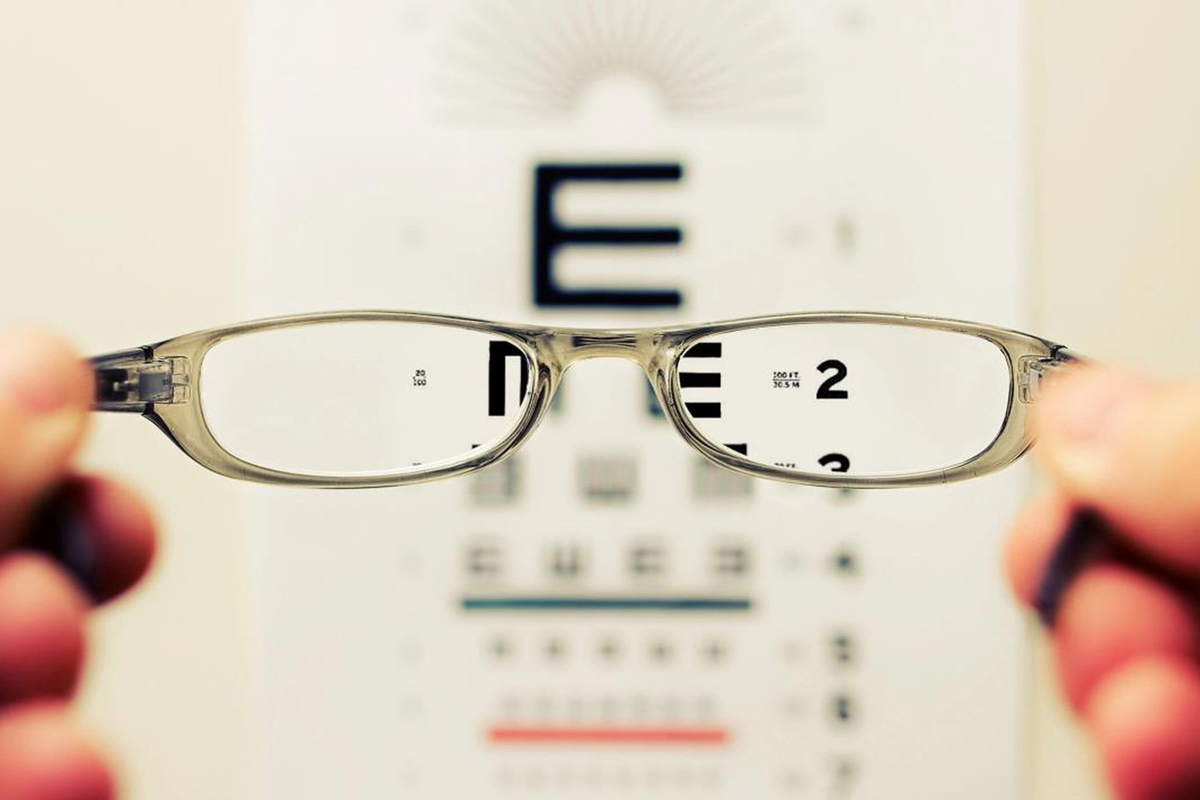A list of the most common complications after eye surgery has been compiled
[ad_1]

Ophthalmologists shared observations
This year, more than 80 thousand ophthalmic surgical operations have already been performed in Russia, and their number is growing every year. At the same time, as doctors note, surgical treatment of serious eye diseases – retinopathy, cataracts and glaucoma – implies both careful preparation for surgery and long-term postoperative observation. At the 23rd All-Russian Scientific and Practical Congress with international participation “Modern technologies of cataract, refractive and corneal surgery”, held in Moscow, doctors told what complications patients most often encounter after operations.
According to the Ministry of Health, today high-tech medical care in the field of ophthalmology is provided in 230 medical organizations, which treated more than 145 thousand patients last year. At the same time, every year new breakthroughs occur in ophthalmology and the number of patients who can be helped is growing. According to the Honored Doctor of the Russian Federation, Director of the Federal State Institution “National Medical Research Center MNTK “Eye Microsurgery” named after. acad. S.N. Fedorova” of the Ministry of Health of the Russian Federation Dmitry Arsyutov, cataracts and refractive errors occupy leading positions in the structure of morbidity, which means that the search for optimal approaches to the treatment of these and other surgical eye pathologies continues.
Ophthalmic surgeries often cause inflammation. In patients with glaucoma, this problem is exacerbated by many years of drug exposure to the ocular surface. As a result, the development of uveitis (inflammation of the choroid of the eye), cystoid macular edema (swelling of the central zone of the retina), and, in the longer term, secondary glaucoma is possible. “Anti-inflammatory therapy, along with antibacterial therapy, should be a mandatory component of perioperative care for an ophthalmic surgical patient. We use glucocorticoids and non-steroidal anti-inflammatory drugs,” says Vadim Nikolaenko, professor of the Department of Otorhinolaryngology and Ophthalmology, Faculty of Medicine, St. Petersburg State University. According to the expert, the widely used steroid dexamethasone has a pronounced long-term anti-inflammatory and immunomodulatory effect, but at the cost of serious complications, including an increase in intraocular pressure (IOP), while the “soft steroid” fluorometholone has a more delicate effect.
Postoperative inflammation is a problem that is also relevant in cataract surgery. As Igor Ioshin, professor, head of the Ophthalmology Center of the Federal State Budgetary Institution Clinical Hospital of the UDP of the Russian Federation, said, there are two main inflammatory manifestations to be wary of: soon after surgery – iridocyclitis (an inflammatory process in the iris and ciliary body), and a month or a little later – macular edema. The European Congress of Cataract and Refractive Surgeons has decided that three classes of drugs should be used in the postoperative period: antibiotics, steroids and NSAIDs. Among antibiotics, fluoroquinolones are the most widely used.
Head of the Ophthalmology Center of the State Budgetary Institution “National Medical and Surgical Center named after. N.I. Pirogova” of the Ministry of Health of the Russian Federation Rinat Faizrakhmanov spoke about the treatment of aphakia – a complication that often occurs with retinal detachment and diabetic retinopathy. Thus, today the introduction of intraocular lenses is widely used, but this is fraught with complications, the most dangerous of which is a change in the position of the lens in the postoperative period. In some cases, it is necessary to repeat the operation to fix the lens: according to the expert, from 2002 to 2017 the number of cases of reimplantation has increased significantly. When performing such an operation, an increase in the level of intraocular pressure is inevitable, and the development of inflammatory reactions is also possible. Therefore, it is necessary to use three groups of drugs – antibiotics, glucocorticosteroids and NSAIDs – to prevent the development of infection and inflammation. It is also very important to prevent increases in IOP levels with appropriate medications, including those containing brinzolamide and timolol.
Newspaper headline:
Look after surgery
[ad_2]
Source link








